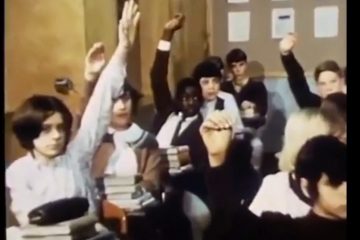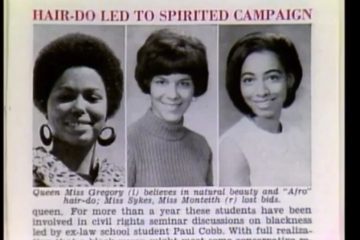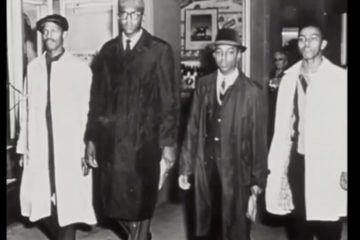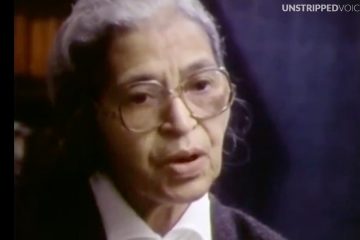How Civil Disobedience Helps Overcome Oppression: Part 14
“The Cost of Speaking Truth Early”
There’s always a heavy price to pay when you’re the first (or one of the first) to publicly go against the grain on social issues.
Colin Kaepernick had to endure it when he first took a knee in 2016 to protest Police Brutality, and now taking a knee is a common thing (for now). For Kaep, it basically cost him his NFL livelihood.
Nearly 50 years prior, Dr. King was one of the first leaders to publicly speak against U.S. involvement in the Vietnam War. He spoke on it before, but on April 4, 1967 (exactly 1 year before his assassination), he made his opposition public.
As a result, he lost ties with President Lyndon Johnson, lost most prominent white allies, and his organization SCLC lost most of its funding. At the time of his death, 75% of Americans disliked him. But he never changed his stance, even at the very end.
The same month Dr. King went public with his opposition, heavyweight boxing champ Muhammad Ali made the same stance. Ali, a feared man in America due to his involvement with the Nation of Islam and his outspokenness as a Black man, was drafted but refused to go to the Vietnam War on religious grounds.
As a result, he was sentenced to 5 years in prison (which he appealed) and lost his boxing license until the appeal was done.
But during this period, America’s public opinion on the war went from “we’re patriotic” to “this war is ridiculous”. This clip shows the civil disobedience, protests, and riots that took place that changed public sentiment on the war.
And due to the sentiment change, in late 1970, Muhammad Ali’s conviction was overturned. He was able to fight again. Dr. King wouldn’t be alive to see that his point was correct, but he now has a National Holiday named after him and is now considered a major hero (in comparison to how most of America hated him when he died).
Funny how events change the public view about outspoken individuals.
View Part 15 here.
View Part 13 here.
—
**About this series:
We’re showing a multi-part series on how CIVIL DISOBEDIENCE has been the main catalyst that has overcome oppression in the U.S.













